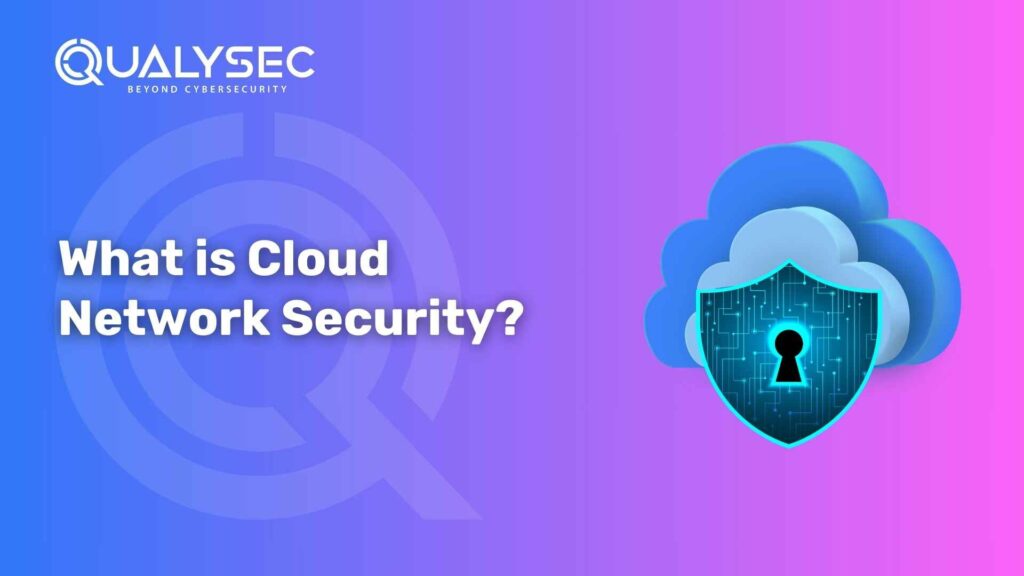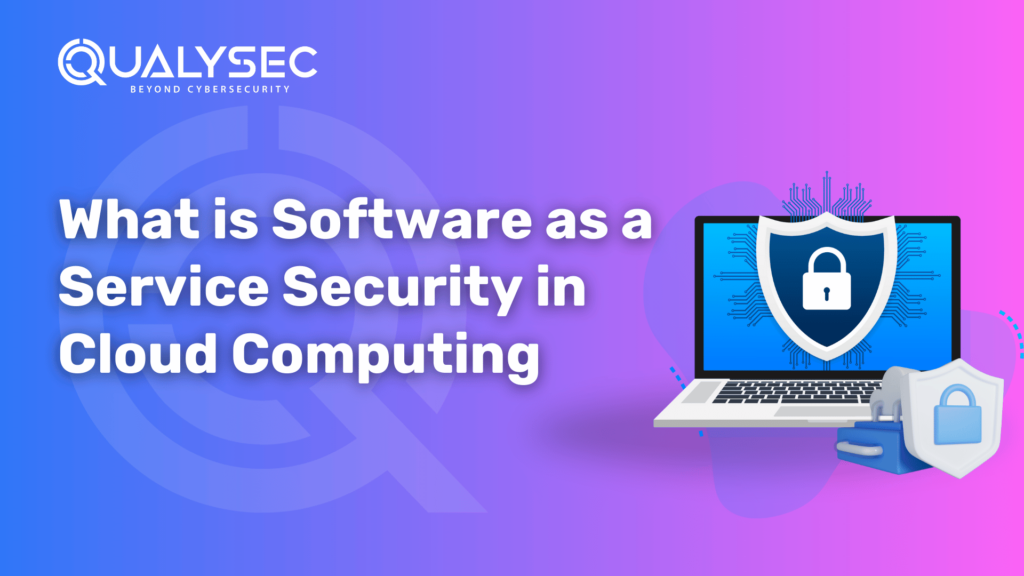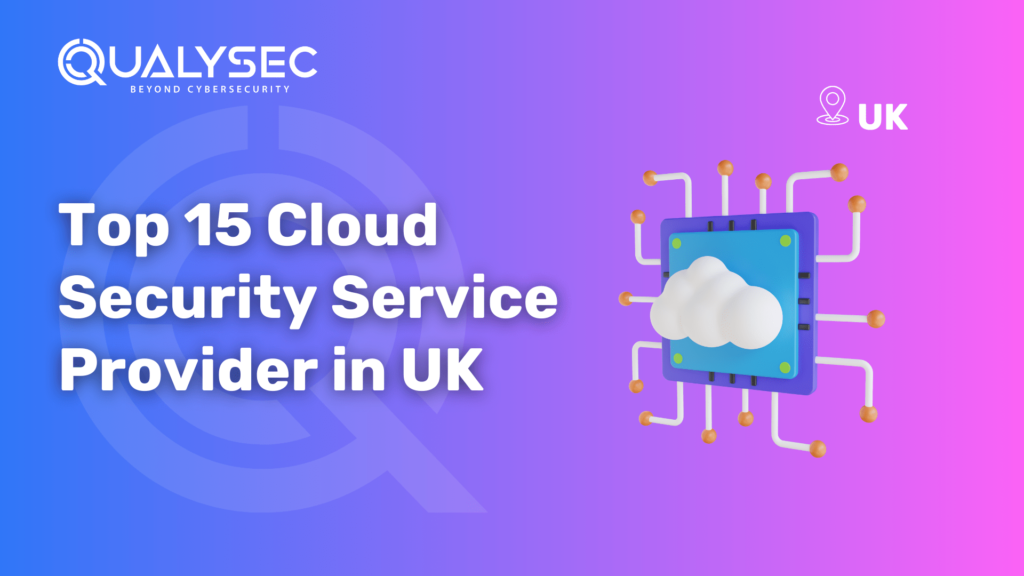What is Cloud Network Security?
As businesses increasingly migrate to the cloud, the need for robust protection grows. Without proper safeguards, risks such as data breaches, ransomware attacks, and unauthorized access loom large over cloud-based systems. Enter Cloud Network Security, a critical framework of strategies and tools designed to secure the infrastructure, data, and services within a cloud environment. This blog will explain what Cloud Network Security is, why it matters, and the best practices to protect your information in the cloud. By the end, you’ll have actionable insights to help safeguard your network. Cloud Network Security: What it is? Simply put, Cloud Network Security refers to the measures used to protect cloud environments from unauthorized access, breaches, and other cyber threats. It blends traditional methods, like firewalls and encryption, with modern, cloud-specific tools like Zero Trust models and AI-enhanced monitoring. Cloud infrastructure spans multiple services, from storage and virtual machines to APIs and SaaS platforms. Securing this network means defending every access point and flow of data throughout the system. The challenges? Processes need to remain seamless for users while being robust enough to thwart malicious actors. “Learn more about comprehensive strategies in our guide on Cloud Penetration Testing to identify potential vulnerabilities.” Core Elements of Cloud-Based Network Security When we talk about protecting a Cloud Security Network, we use several essential tools and practices, including: These layers of security form the basis of a strong and defendable cloud network. “Explore our dedicated Cloud Security VAPT services to enhance your defenses further. Why Is Cloud Network Security Important? Cloud adoption is surging. A study by Gartner forecasts that global spending on public cloud services will hit $600 billion by 2023. While the advantages of scalability, efficiency, and flexibility are undeniable, organizations must address the inherent risks of operating in a shared digital environment. Here’s why Cloud Security is vital to success in the cloud space. 1. Threat Landscape in the Cloud Migrating to the cloud introduces unique risks. Threat actors often target vulnerable configurations or use techniques like phishing and credential stuffing to exploit cloud systems. Data breaches, for instance, cost companies an average of $4.35 million annually, according to IBM’s 2022 report. Without strong Cloud Network Security measures, such exploits can devastate businesses financially and reputationally. 2. Compliance and Regulatory Requirements Many industries, such as healthcare (HIPAA) or finance (PCI DSS), mandate strict data protection standards. Businesses operating in the cloud must ensure that their Cloud Security Network complies with these regulations to avoid hefty fines or operational disruptions. 3. Protecting Sensitive Data & Applications For businesses that handle sensitive data or critical applications, the cloud offers both opportunity and vulnerability. A robust Cloud Network Security strategy safeguards intellectual property, customer information, and operational continuity, ensuring trust and reducing downtime. Key Features of Effective Cloud Network Security Developing strong Cloud Network Security requires more than just firewalls or anti-virus software. Below are the integral pillars of a comprehensive approach. 1. Zero Trust Security Model Zero Trust operates on the principle of “never trust, always verify.” It assumes that neither users nor devices are automatically secure and enforces strict identity verification and continuous monitoring. 2. Data Encryption Encrypting data both at rest and in transit ensures that sensitive information is useless to anyone without the corresponding decryption key. Modern encryption algorithms are essential to securing everything from backup files to communication between applications. 3. IAM (Identity and Access Management) IAM solutions help enforce access controls across your Cloud Security Network. Limiting access based on job roles ensures that no one interacts with resources they don’t need. Tools like single sign-on (SSO) and multi-factor authentication (MFA) significantly strengthen IAM frameworks. 4. AI-Powered Threat Detection AI-driven tools can monitor large-scale cloud operations in real time, detecting anomalies faster than human teams. These systems often preempt threats by recognizing suspicious patterns or behaviors. Essential Best Practices for Cloud Network Security Now that we have explored the importance and components of Cloud Network Security, here are actionable tips to enhance your cloud security. 1. Implement a Robust Backup Plan Data loss and ransomware attacks highlight the importance of backups. Ensure that automated backups occur frequently and store them in secure, separate environments. 2. Stay Updated on Cloud Misconfigurations One of the biggest vulnerabilities in cloud environments is human error. Misconfigured servers, open databases, and incorrect IAM settings can expose sensitive information. Regular audits can help identify and mitigate these risks. “You might like to explore: Cloud Security Audit services. 3. Perform Regular Penetration Testing Simulating cyberattacks on your Cloud Security Network reveals vulnerabilities before attackers can exploit them. Work with ethical hackers or cybersecurity experts to conduct penetration tests. 4. Train Your Team on Security Awareness A secure cloud environment relies heavily on the human element. Regular cybersecurity training ensures your team knows how to handle phishing attempts, strong password management, and other security protocols. Cloud Network Security Myths Amid rapid technological change, several misconceptions about Cloud Security persist. Here are some common myths and why they don’t hold up in practice. Myth 1: My Cloud Provider Handles Security Truth: While cloud service providers like AWS or Azure offer a secure infrastructure, protecting applications, configurations, and data within that infrastructure falls to you. This concept is known as the shared responsibility model. Myth 2: On-Premises Systems Are Safer Than Cloud Truth: On-premises environments aren’t inherently safer. Cloud solutions often include cutting-edge security features and scalability benefits that can outmatch legacy systems. Myth 3: Encryption Slows Performance Truth: Modern encryption methods have minimal impact on performance. With advancements in technology, encrypting your data is now seamless and efficient. Protecting Your Cloud Network with QualySec When it comes to securing your cloud network, expert evaluation can make all the difference. That’s where QualySec steps in. “Learn more in our detailed guide to cloud security testing!” Latest Penetration Testing Report Download How to Begin Your Cloud Network Security Journey? The first step is identifying the gaps in your existing cloud security network and addressing them immediately. Schedule






